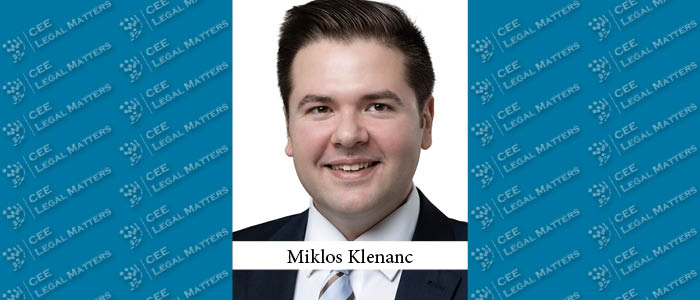According to Alexander Stepanovski, Managing Partner of Stepanovski Papakul & Partners, the signing last year by Belarusian President Alexander Lukashenko of new Decrees No. 7 (On Development of Entrepreneurship) and 8 (On Development of Digital Economy) make Belarus a more attractive place for investing. Thus, the beginning of the year is upbeat for SP&P.
“We get a lot of requests on how the decree works and the kind of changes to expect in the near future in cryptocurrency,” Stepanovski says about Decree 8, which, when it comes into force in a month, will make cryptocurrency legal and tax benefits for five years. The SP&P Managing Partner has already noticed the increase of ICO activities in business and law, which he calls “great, because I hope that Belarus will stand out as an IT leader.” Still, Stepanovski warns the public to be careful with cryptocurrency gambling, referring to Bitcoin as a negative experience in which a large number of people lost money. “People should understand that cryptocurrency is nothing but a digital record. This object does not have a real value. Those who want to invest in it should consider that and all the risks it may involve,” he advises.
Otherwise, Stepanovski says, Belarus is viewed as a safe haven for the high technology industry, as practice shows the Belarusian government to be protective of crypto investments and committed to ensuring safety and providing legal ways to use new technologies for profit-making. “Belarus steps ahead in regulation in these areas, with new legislation stipulating special mechanisms for safe transactions through the High Tech Park,” he says, describing the country's new regulations as “experimental,” as they contain Common law elements. “Hopefully, [the legislation] will improve our ability to compete with other countries in this sector,” he says. Besides, he points out, due to the lack of qualified specialists in the IT field, companies are attracting specialists from neighboring countries such as Poland, Ukraine, and Russia, as well as providing opportunities for local experts.
Decree No. 7, which came into force on February 26, 2018, exempts small enterprises in towns from paying taxes, and thus, Stepanovski says, is also designed to stimulate Belarus’ market development. He says, “small domestic businesses will continue making money without a lot of bureaucracy, especially in small towns,” with zero taxes on the sale of goods for the next five years. “There are already internal talks on opening up outlets in the countryside close to such towns as Minsk, Vitebsk, Grodno, and Brest.”
New amendments to the Belarus Competition Law will come into effect on August 8, 2018, Stepanovski says, describing them as “a first step to real competition for Belarus.” The law stipulates preventive measures of the antimonopoly authority to increase effective competition in the market.
Simultaneously, he reports, there are finally some activities seen in the retail sector, which was slow for the past two years, as well as in privatization and greenfield projects. Stepanovski expects a “fruitful year for business," and notes that the opening of Zara in Belarus is expected to serve as an incentive to its competitors to set up businesses in Belarus, thus increasing both employment opportunities and work for law firms.
Finally, on the subject of the legal services market, Stepanovski says that, while there are not many law firms in the market, each skilled young lawyer is able to “find his or her niche in this business,” which he describes as a good sign for Belarus.



























